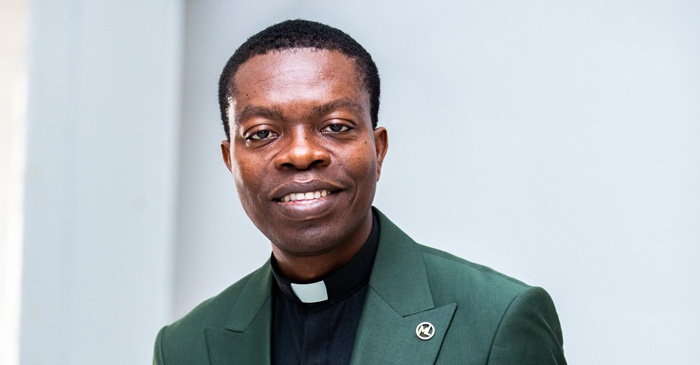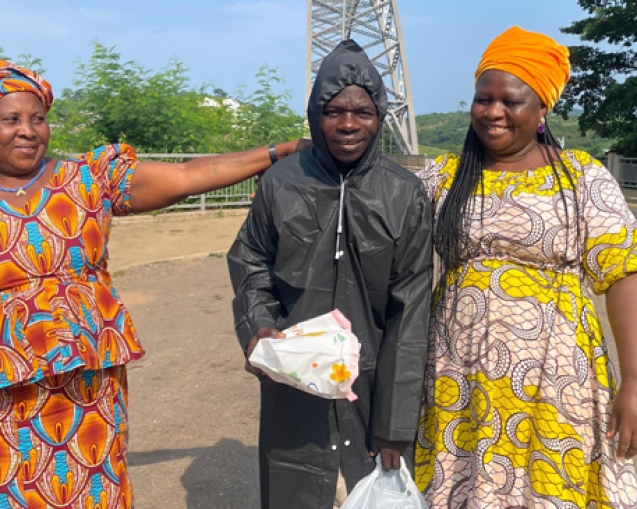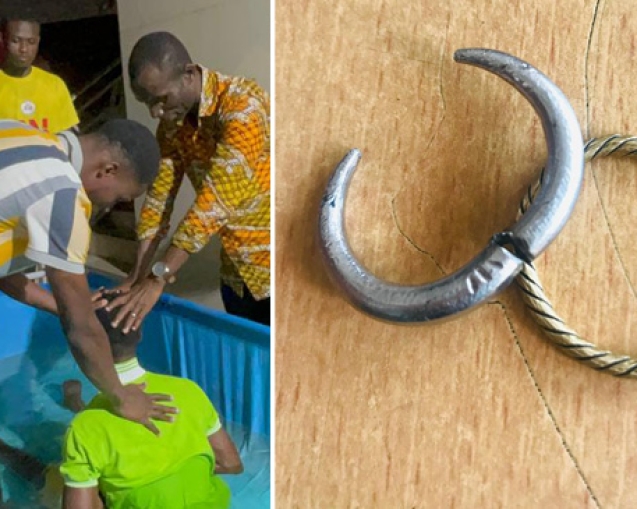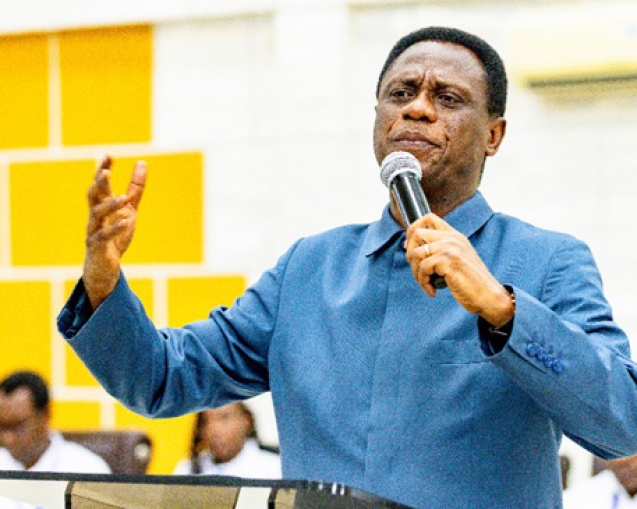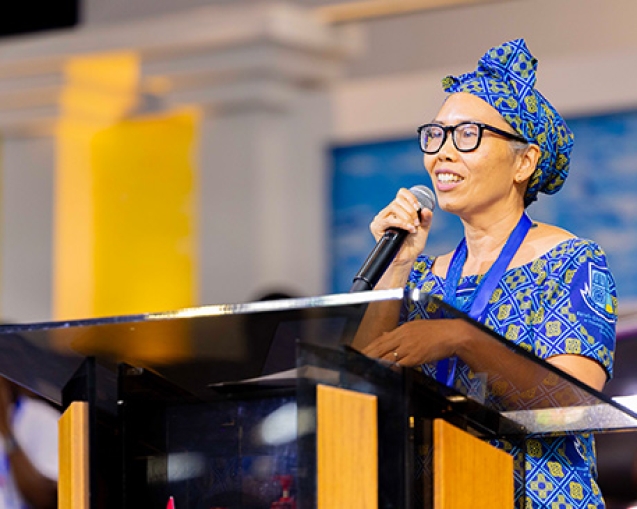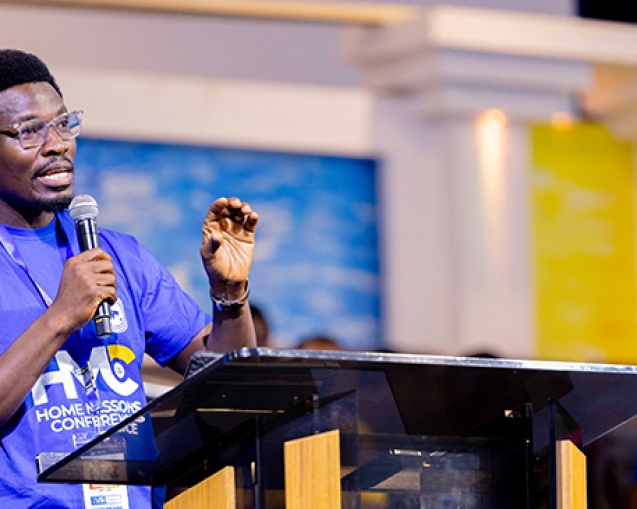INTRODUCTION
A careful observation of the political landscape in Ghana over the last two decades reveals a disturbing trend that is reeling its head and even gaining grounds.
However, the situation has become dire in recent times, especially in the build-up to the internal politics of some of our major political parties in the country.
Not long ago, our reverred Chairman, while exhorting to members of the legislature, bemoaned the monetization of our politics and indicated that if care was not taken, only the financially endowed would be assuming these high offices.
The purpose of this article is to highlight the dangers of this growing trend in the light of the polarized nature of our political landscape especially this year when we would be going to the polls to elect a new president and members of parliament.
THE NATURE OF OUR DEMOCRACY
The 1992 constitution makes provision for a multi-party system that has run over the period, seeing to the successful organisation of eight elections and the smooth transition of power with a few legal tussels here and there.
The gains chalked over the period on our political front hinge on many factors, including the financial investment that go into such pursuits. Hence, the need for money in politics cannot be overemphasized.
MONEY AND POLITICS IN GHANA
With the understanding from the scriptures that money answers everything, it is safe to indicate that one cannot decouple money from politics. Indeed, for purposes of political participation and representation, one would need a strong injection of financial capital to prosecute the political agenda to the latter.
Star Ghana Foundation reports that between 2012 and 2016, costs associated with running for political offices increased by 59% with an average of GH₵389,803 (approx. US$85,000) needed by candidates to secure the party primary nomination and compete in the parliamentary election in their constituency. This is aside other expenditure such as media and advertisement, meeting and catering, transport and logistics, and campaign costs, among others.
The foregoing notwithstanding, we cannot overlook the channels of extremities plunging the political ecosystem, giving cause for concern for which reason, this call has become immanent. This is the reason for addressing this issue called money.
THIS THING CALLED MONEY
From the outset of creation, attractiveness has also been our bane, and one of such objects of attraction is MONEY. Indeed, the subject of money – the good, the bad, and the ugly – have been captured in the scripture. To wit that even though money is good if care is not taken could lead one into threading dangerous grounds. Jesus admonished against loving God and maamon explaining how money has been deified. Again, the Apostle Paul admonished his son Timothy to be wary of the love of money, which is the root of all evil. What that means is that while money is considered a necessity, one ought to watch so we are not embroiled and risk falling into its pit of iniquity.
MONECRACY: HOW DID WE GET HERE?
In reflecting on the growing canker of monecracy bedeviling our politicking, a few thoughts I think might have contributed to bringing us here. Let me indicate that these are my personal observations and may not be exhaustive in their entirety.
FAILED ELECTORAL PROMISES
One of the reasons that might have created the culture of monecracy is failed Electoral Promises. Over the period, most electorates have had to grapple with failed electoral promises from candidates vying for political offices. The painful disappointments associated with political actors despite the flamboyant promises they make have left voters with no other option than demanding their share of the political cake. This has come at the backdrop of unmet expectations, knowing that once bitten, twice shy.
EXTRAVAGANT LIFESTYLE OF POLITICIANS
Another factor that might have contributed to this issue of monecracy is the extravagant lifestyle of some of the political class. Over the years, voters have observed how politicians demonstrate a drastic display of opulence, flamboyance, and profligacy to the surprise of the masses. From traveling in very expensive vehicles, residing in high-class neighborhoods, among others, voters have come to the understanding that though these political actors campaign with a message of service but live extravagantly once in power. The end result is the posture of voters wanting to enrich themselves right from the outset without looking at the consequences.
THE WINNER TAKES ALL MANTRA
The winner takes all mantra weaved with the hems of Ghana politics, which is also a contributor to this canker of monecracy. The power system is structured in such a way that the party in power controls all the assets and resources choosing who gets what and what goes where, to the extent that appointments are based on affiliations and not necessarily on competence or merit. The challenge with a system like this is that the majority of the voting masses would be denied opportunities, and the playing field would not be leveled – a situation that courts the temptation of monecracy.
WANTON LOVE FOR MONEY
Another point is what I call the wanton love for money. This is evidenced in Apostle Paul’s admonition to his son Timothy that in the last days, terrible times will come and people would be lovers of men. Now, with the understanding that the scripture can not be broken, it is clear that humanity has become so engrossed in the passion, desire, and pursuit for money through various means and forms, one of which is the monetization of our politics.
EFFECTS OF MONECRACY
The efforts of monecracy would be the election of political office holders who may be square pegs in round holes.
Secondly, it creates an atmosphere of creation, looting and sharing as politicians are compelled to look for avenues within the national cake to recoup the investment made in the build up to the assumption of the political office.
A third reason is the risk of having to buy the conscience of voters, hence muting their voice due to the influence of money. The consequence is that voters are no longer able to speak truth to power, allow for business as usual leading to the downward trend in development and societal growth.
THE WAY FORWARD
The foregoing has attempted to highlight the monetization of our politics and the potential effects it can have on our electioneering.
There is therefore the need for systems to be put in place including education, rigorous law enforcement rules, the creation of a uniform playing field for everyone as well as the propagation of the gospel strongly to assuage the minds of citizens away from the love of money.
CONCLUSION
The call to leadership is one of service, dedication and commitment. It therefore behoves on citizens who have been given the power of the thumb to elect people into office to allow the spirit of a clear conscience, driven by the desire to build a better nation to lead in choosing our leaders and not necessarily the motivation of money.
Prophet Kwasi Asante Annor
General Manager, PENT TV






